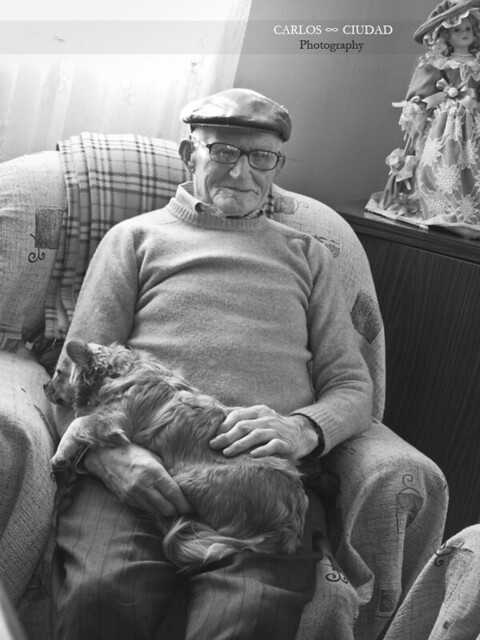
In the shape of this night, in the still fall
of snow, Father
In all that is cold and tiny, these little birds
and children
In everything that moves tonight, the trolleys
and the lovers, Father
In the great hush of country, in the ugly noise
of our cities
In this deep throw of stars, in those trenches
where the dead are, Father
In all the wide land waiting, and in the liners
out on the black water
In all that has been said bravely, in all that is
mean anywhere in the world, Father
In all that is good and lovely, in every house
where sham and hatred are
In the name of those who wait, in the sound
of angry voices, Father
Before the bells ring, before this little point in time
has rushed us on
Before this clean moment has gone, before this night
turns to face tomorrow, Father
There is this high singing in the air
Forever this sorrowful human face in eternity’s window
And there are other bells that we would ring, Father
Other bells that we would ring.

Art credit: Photograph taken on December 13, 2012 by Poupetta aka Ann. Caption: —Leonard Cohen."

































